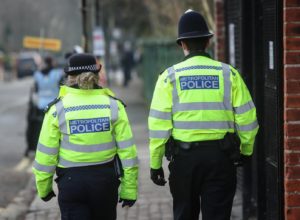Deportation fears after police collect asylum seeking children’s biometric data
Published on 16 April 2023

Police collect children's biometric data, which is then shared with the Home Office
Reports Mirren Gidda, for Liberty Investigates. Edited by Eleanor Rose, Liberty Investigates editor and Steve Bloomfield, Head of News at the Observer.


